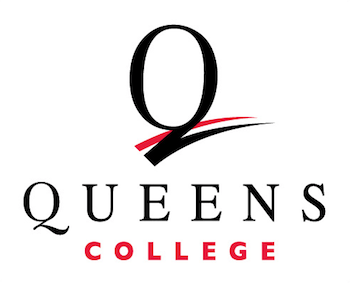In the article ”100 years ago today, ‘The Rite of Spring’ incited a riot in a Paris theater” the author is stating that the riot did happened and that it was seen as one of the most important and violent riots of the time. “Stravinsky’s grand debut ended in mayhem and chaos.” the author explains that mostly all of this performance was disastrous and everyone was being violent. The author is also explaining how the audience didn’t like the performance at all “with a performance at the same theater where it debuted to boos and violence. ” meaning that the performance was full of hate and violence and that’s why the riot started.
In the article “Not Another Music History Cliché” the author is talking about how “the author stated that “the riot never happened ” meaning that the author thinks that this was mostly a myth and a racist act that was happening while the opera was being played for example the author states, ”as the title of Levitz’s essay indicates, these practices were very racist. Thus some in the audience—notably the aristocrats—responded in the way they thought they were supposed to: by laughing.” this show us how it was mostly about an argument of people being racist and fighting each other. It was also perceived as a myth in the text states, “Yet the myth doesn’t just claim that a riot occurred—it asserts that Stravinsky’s music caused the riot.” this evidence show us that the author interprets this problem as a myth and that Stravinsky helped with this riot in order to happen.
If I were the audience in 1913 I think I would have been surprised and kinda confused. Because it’s a performance that it supposed to give a scary feeling, and I think I would have been confused because I Wouldn’t have thought that something like that could have been portrayed in a dance.



